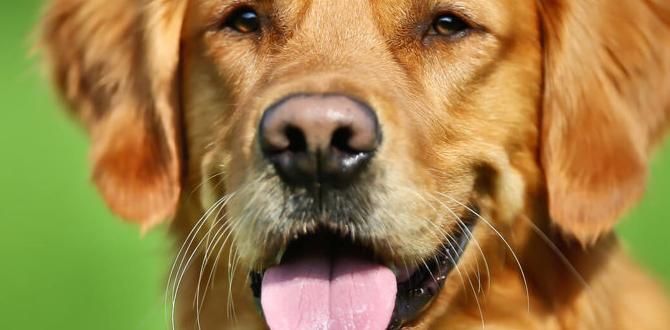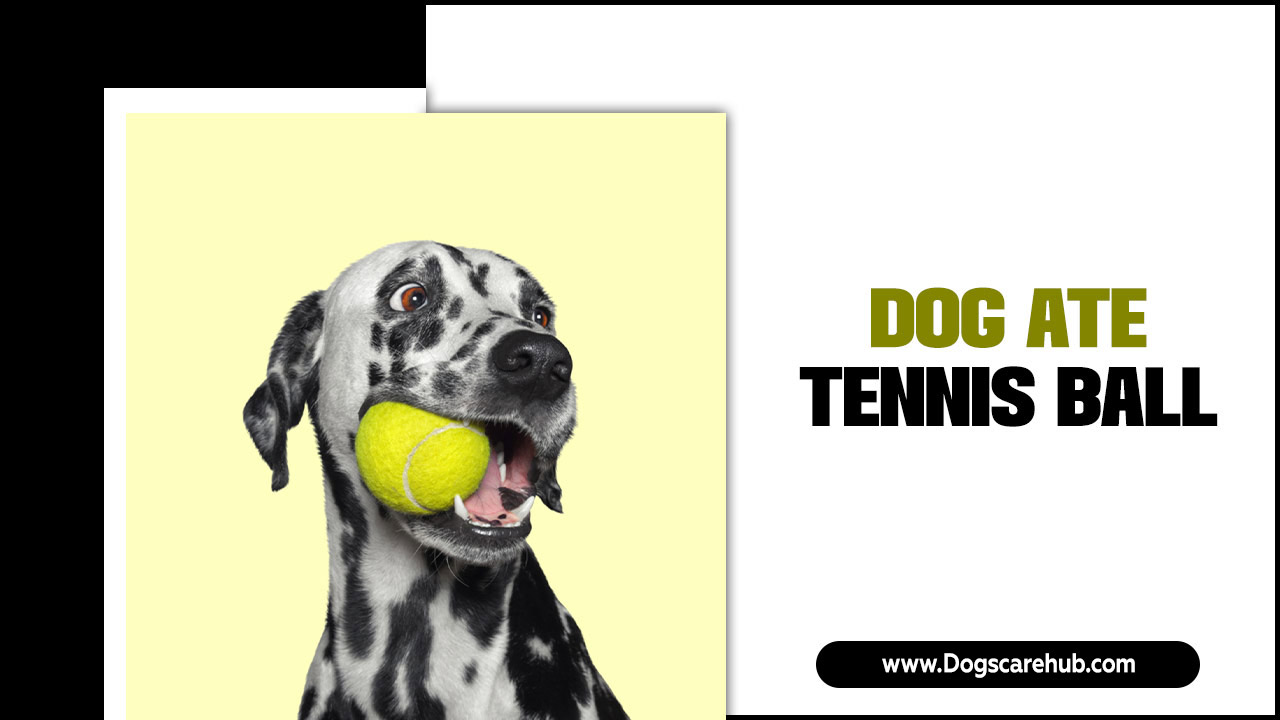Have you ever noticed your dog licking too much, and really fast? It might seem funny, but it’s important. Dogs don’t just lick for no reason. Sometimes, they lick because they’re happy. Other times, it could mean something else. Let’s find out why your dog might be licking a lot, and quickly. Knowing this can help you understand your furry friend better.
Key Takeaways
- Excessive licking in dogs can signal health issues.
- Fast licking might mean stress or anxiety in pets.
- Check for skin problems if your dog licks a lot.
- Some dogs lick to show affection.
- Excessive licking dogs fast need attention from owners.
Understanding Excessive Licking in Dogs
Dogs lick for many reasons. Sometimes, it’s simply to clean themselves. But when they lick too much or too fast, it could mean they need help. Excessive licking can cause skin problems. It might also signal an underlying health issue. This behavior can also be due to nervousness or stress. Owners should pay close attention. If your dog is licking more than usual, it’s time to investigate further.
- Look for redness or irritation on their skin.
- Notice if your dog is limping or in pain.
- Check for changes in appetite or behavior.
- Observe if they are licking specific areas.
- Consider recent changes in their environment.
- Think about possible allergies.
- Consult a vet if unsure.
If you find your dog licking excessively, don’t ignore it. It could be trying to tell you something important. Start by examining the area they lick the most. Look for any signs of redness or sores. Also, think about whether anything has changed recently. Are they more anxious or stressed? New environments or changes can affect them. If you notice other unusual symptoms, speak with your vet.
Fun Fact or Stats : Did you know? Dogs have over 300 million smell receptors! No wonder they notice everything.
Why Do Dogs Lick Themselves?
Dogs often lick themselves to stay clean. It’s a natural behavior for them. But is it always okay? Sometimes excessive licking means more. If a dog licks one spot a lot, it can hurt their skin. This might lead to infections. So, when is licking too much? Watch your dog’s habits. If their licking seems unusual, it’s time to pay attention. Do you think your dog licks out of boredom?
Signs Your Dog Has an Allergy
Could your dog have allergies? It’s possible. Excessive licking might be a clue. Dogs with allergies often lick their paws. This is their way of relieving itchiness. Other signs include scratching, sneezing, and red skin. Do you see any of these symptoms? If your dog shows these signs, they may have allergies. What should you do? Consider visiting a vet for advice.
When to Visit the Vet for Licking
Is your dog’s licking becoming a worry? Sometimes, a vet visit is the best choice. But how do you know when to go? If the licking causes sores or hair loss, it’s time. Also, if there are other symptoms like limping or appetite changes, consult a vet. They can check for allergies or pain. Does your dog seem unhappy or stressed? A vet can help with that too. Don’t wait if you’re unsure.
Fast Licking and Stress in Dogs
When dogs lick quickly, it might be stress. Fast licking can mean they’re anxious. Did something change at home? New places or people can worry dogs. They might lick to comfort themselves. It’s like when we bite our nails. Is your dog licking fast and often? Check if anything has changed. Do they need more attention? Sometimes, simple changes can help them feel better.
- New family member or pet in the house?
- Change in routine or environment?
- More time alone or less activity?
- Noise or commotion around the home?
- Changes in your behavior affecting them?
- New smells or items they’re unsure about?
- Feeling sick or uncomfortable?
Understanding why your dog is licking fast can ease their stress. Start by observing their routine. Are they getting enough exercise? More playtime can reduce anxiety. Try to keep their environment stable. If there’s something new, introduce it slowly. Give your dog plenty of love and attention. Sometimes, a little reassurance goes a long way. Your dog depends on you for comfort.
Fun Fact or Stats : Dogs can hear sounds four times farther away than humans!
How to Calm a Stressed Dog
If your dog is stressed, you can help. Start by creating a calm environment. Soft music or quiet time can soothe them. Are you spending enough time with your dog? They love your attention. Play or walk with them daily. Does your dog have a safe space? A cozy bed or corner can help them relax. Think of your dog’s needs, and you’ll notice a happier pet.
Recognizing Changes in Behavior
Have you noticed any changes in your dog? Fast licking could signal stress. Dogs can’t tell us with words, but actions speak loudly. Is your dog hiding more? Are they barking more than usual? These are signs of stress or discomfort. Try to find what’s causing this behavior. Changes in routine, loud noises, or new environments can stress them. Watch closely to help your dog feel safe.
Building a Routine for Your Dog
Dogs love routines. It makes them feel secure. Have you set a routine for your dog? Regular feeding, walks, and playtime bring comfort. Is there a change in their routine? Try to keep things consistent. Dogs thrive on predictability. Know what your dog likes. Do they have a favorite game or toy? Include these in their daily activities. A routine helps your dog feel calm and happy.
Health Issues Linked to Licking
Excessive licking may signal health issues. It could indicate allergies, infections, or pain. Dogs can’t tell us with words, but their behavior can speak volumes. Is your dog licking paws, legs, or other areas frequently? This might mean a medical problem. Allergies or skin infections are common causes. But sometimes, it’s more serious. Pay close attention to other symptoms. A trip to the vet can provide answers.
- Possible allergies or skin irritations.
- Infections that need medical attention.
- Underlying pain or discomfort.
- Behavioral issues needing attention.
- Anxiety due to environmental changes.
- Parasites or fleas causing itchiness.
- Dietary issues affecting skin health.
If excessive licking continues, consult your vet. They can identify any health problems. This ensures your pet gets the right treatment. Remember, early detection of issues helps with faster recovery. Your dog relies on you for care. Don’t ignore signs of discomfort. With prompt attention, your dog can stay happy and healthy.
Fun Fact or Stats : Dogs have about 1,700 taste buds. Humans have around 9,000!
Common Allergies in Dogs
Dogs can have allergies just like us. Are you noticing excessive licking? It might be due to allergies. Common allergens include pollen, dust, and certain foods. Dogs might also react to flea bites. Watch for symptoms like itching, redness, or sneezing. Are these present? A vet can help identify allergens and suggest treatment. Don’t let your dog suffer. They need your help to feel better.
Signs of Infections in Dogs
Could your dog have an infection? Excessive licking might mean so. Infections cause pain and discomfort. Do you see redness, swelling, or pus? These are signs your dog may have an infection. Check the area your dog licks the most. If in doubt, visit the vet. Catching infections early prevents complications. Your dog’s health is important. Don’t wait if something seems off.
When Pain Causes Licking
Sometimes, pain makes dogs lick excessively. It’s their way to find relief. Does your dog limp or show discomfort? Are they licking joints or paws a lot? These signs may point to pain. Arthritis, injuries, or other conditions could be the cause. A vet can assess your dog’s health. They can offer treatment options to ease the pain. Your dog deserves to live pain-free.
Behavioral Reasons for Licking
Licking is not always about health. Sometimes, it’s a behavior issue. Dogs may lick for attention or comfort. They might have learned that licking gets them what they want. Is your dog licking for treats or cuddles? Watch their behavior closely. Does the licking happen when they’re bored? Recognizing the cause can help you manage it. Training can change unwanted behaviors.
- Attention-seeking behavior.
- Comforting themselves.
- Boredom or lack of stimulation.
- Habit formed over time.
- Learned behavior from past experiences.
- Response to stress or anxiety.
- Desire for interaction with owners.
Managing behavioral licking requires understanding and patience. Keep your dog entertained with toys and activities. Ensure they get enough exercise daily. Positive reinforcement can help change habits. Reward your dog for calm behavior. Set rules and boundaries with consistency. If needed, seek help from a trainer. Your dog can learn new ways to express itself.
Fun Fact or Stats : Dogs dream like humans. Ever seen your dog twitching while asleep?
Understanding Attention-Seeking Licking
Does your dog lick for attention? Some dogs learn that licking gets them noticed. Is this the case with your pet? They may come to you and start licking. Many owners respond by giving attention. This reinforces the behavior. Want to change this? Try ignoring the licking. Give attention when they’re calm. Teach your dog new ways to get your love.
Breaking the Habit of Licking
Has licking become a habit for your dog? Breaking habits takes time and patience. Start by redirecting their attention. Offer toys or treats when they lick too much. Increase their exercise and mental activities. Keep them busy! Consistency is key. Set a routine and stick to it. If your dog licks out of boredom, fill their day with fun. Patience and understanding will help them succeed.
Training Alternatives to Licking
Looking for ways to reduce licking? Try training alternatives. Teach your dog new commands like “sit” or “stay.” These direct their focus away from licking. Reward them for following commands. Introduce new games to stimulate their mind. Play fetch or hide and seek. Engage their senses with nose work. Your dog will love the challenge. Training takes time, but it’s worth it!
Conclusion
Excessive licking in dogs can be serious. It might indicate health, stress, or behavior issues. Pay attention to your dog’s habits. Fast licking, too, means something is bothering them. Observe, understand, and care for your pet. They count on you to keep them happy and healthy. If in doubt, always consult a vet. Your dog deserves the best care.
FAQs
Question: Why does my dog lick excessively and fast?
Answer: Excessive and fast licking can signal health or stress issues. Check for skin problems or recent changes in their environment. If unsure, consult a vet. Your dog’s behavior often reflects their well-being.
Question: Can stress cause my dog to lick a lot?
Answer: Yes, stress often leads to increased licking. Fast licking provides comfort, much like nail-biting in humans. Identify stressors, like changes in routine, and address them. Help your dog feel secure and calm.
Question: How can I stop my dog from excessive licking?
Answer: Start by identifying the cause. Provide distractions like toys or activities. Consistent training and positive reinforcement help. If licking is due to health issues, consult a vet for advice.
Question: Does excessive licking always mean a health problem?
Answer: Not always. Sometimes, it’s a behavioral or stress-related issue. However, if your dog shows other symptoms like redness or sores, consult a vet. It’s important to rule out health problems first.
Question: What health issues can cause a dog to lick excessively?
Answer: Allergies, infections, and pain are common causes. Dogs may lick to relieve discomfort. Check for signs like redness or swelling. If symptoms persist, seek veterinary advice. Early detection is crucial for treatment.
Question: Can excessive licking lead to other problems?
Answer: Yes, it can cause skin damage and infections. Dogs may develop sores or hot spots from constant licking. Addressing the cause prevents further complications. Consult a vet for ongoing symptoms.
Meet Elyse Colburn, the devoted canine companion and storyteller behind the enchanting world of “Tales, Tails, and Adventures Unleashed.” A passionate dog enthusiast with a heart full of paw prints, Elyse Colburn shares heartwarming tales and insightful adventures, celebrating the joy, loyalty, and endless antics that make every dog a true hero. Join Elyse Colburn on this tail-wagging journey, where every post is a love letter to our four-legged friends.







